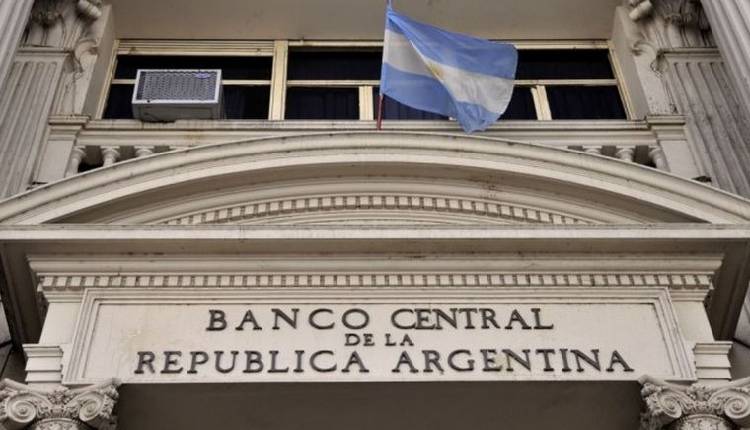Argentina’s central bank has reduced its benchmark interest rate from 100 per cent to 80 per cent, which aligns with the current trend of monthly inflation slowing down and the peso’s appreciation against the US dollar, Bloomberg reported on Tuesday.
Despite the annual inflation rate exceeding 250 per cent, the central bank has pointed to the rebuilding of reserves as a contributing factor for the rate cut.
The announcement came just before the expected release of February’s inflation figures, which economists predict will show a continuation of the cooling trend, with a 15 per cent increase compared to the previous months’ higher rates. However, the yearly inflation rate is projected to surpass 280 per cent.
The rate cut coincides with the government’s ongoing record peso debt swap, which aims to exchange up to 55 trillion pesos ($65 billion) of this year’s maturing Treasury notes for those with longer maturities.
The central bank’s move is in contrast to the international monetary fund’s (IMF) recommendations, which have historically advised keeping interest rates above inflation to encourage savings in the local currency and help control prices.
After a similar rate cut in December, coupled with a significant currency devaluation, there was a notable shift among Argentines away from short-term peso deposits, favoring spending or converting to dollars.
Despite the rate reduction, the central bank notes that the monetary base, the amount of money in circulation, has contracted by 17 per cent in real terms since the new administration took office, aiding in the gradual reduction of inflation on a monthly basis.
However, the country is bracing for a deep recession, with austerity measures impacting social security and real wages, which are at their lowest since 2003. The economic outlook remains cautious as Argentina navigates these changes.


